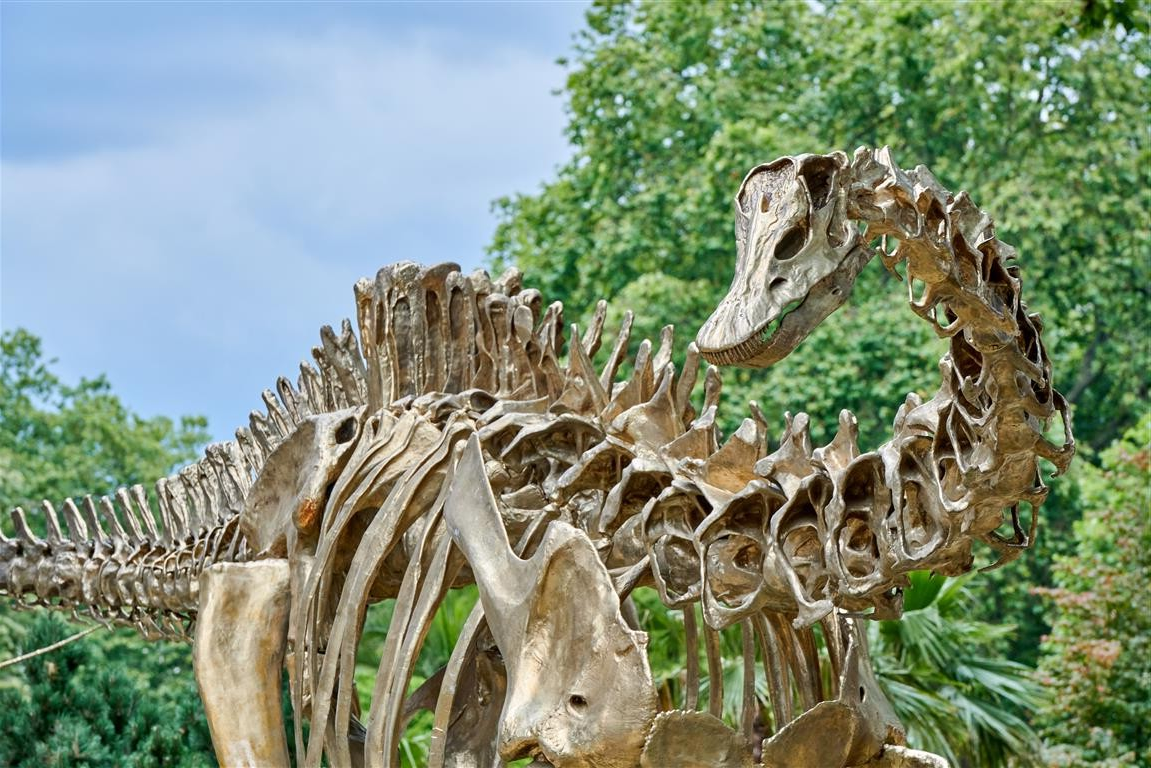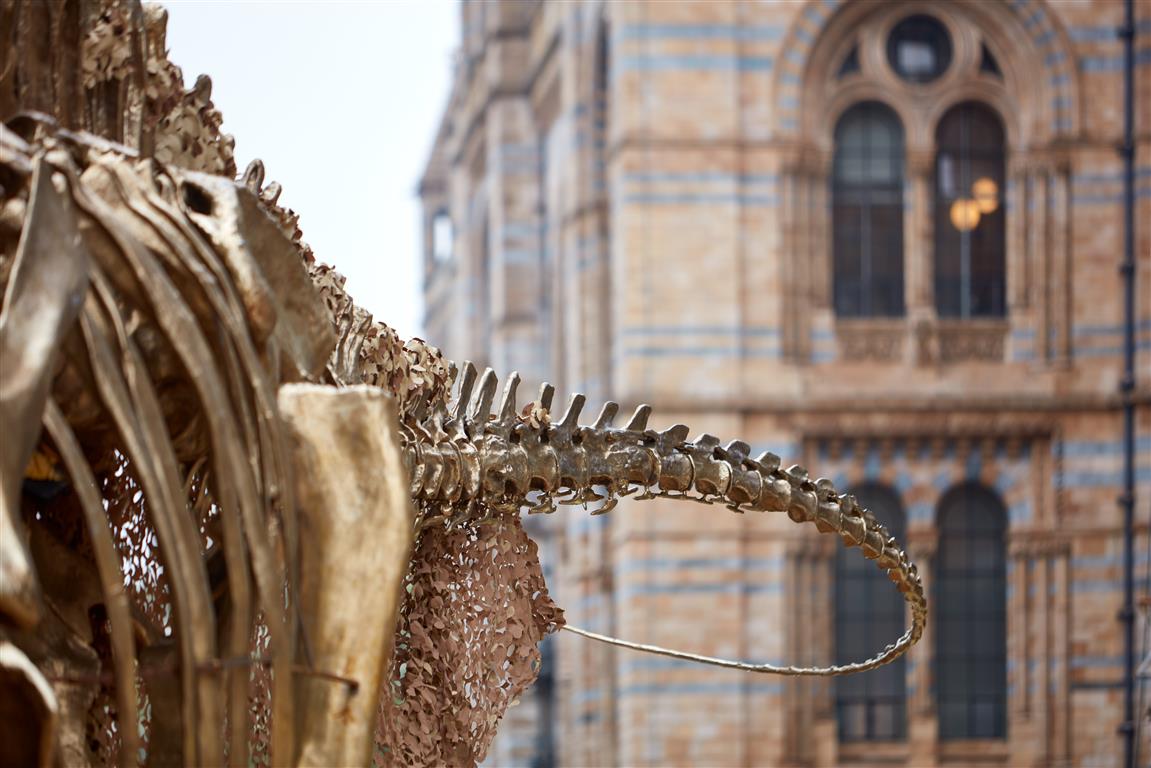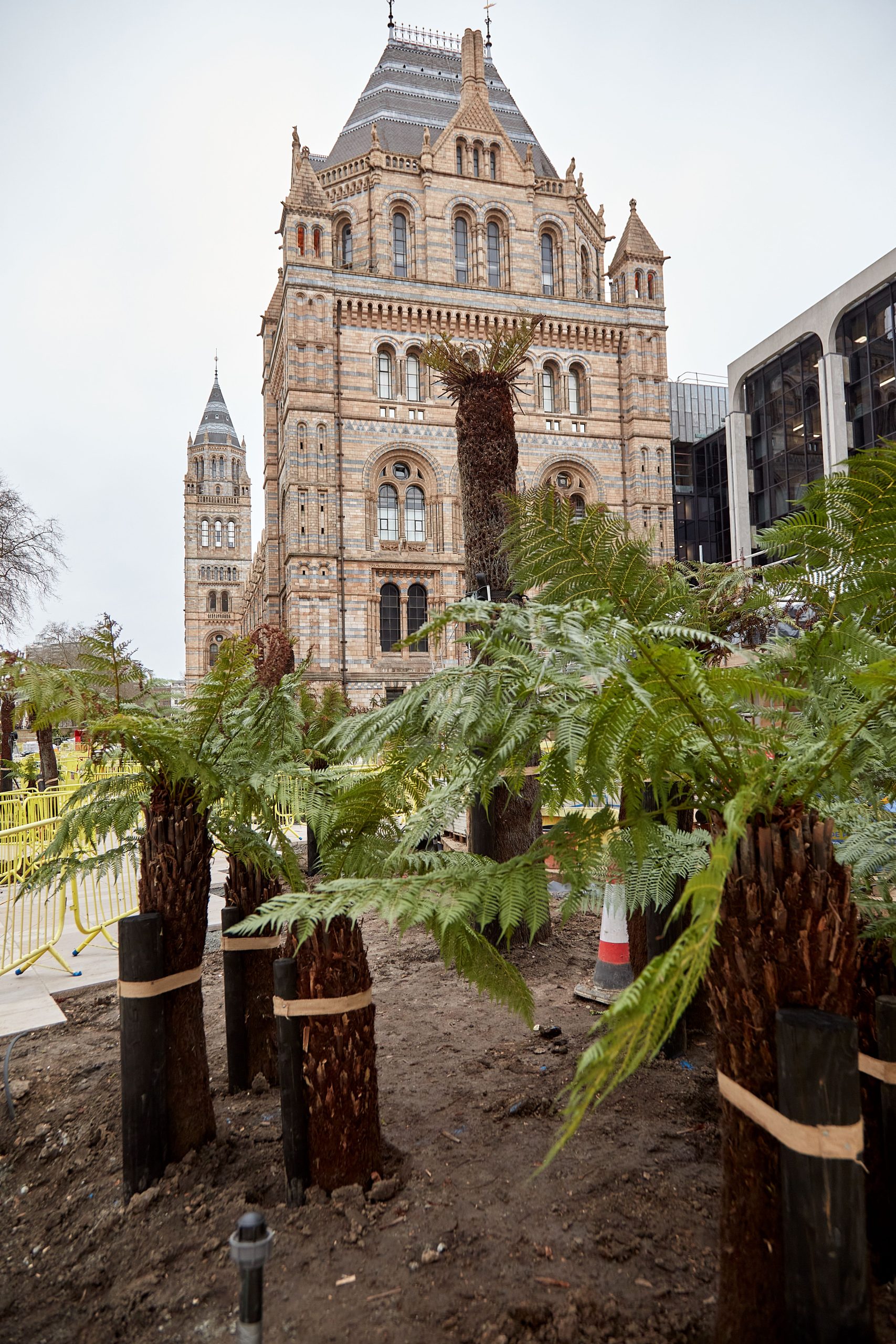Building Biodiversity for people and business
Nature and the economy
Biodiversity is not an optional extra. Without biodiversity, there is no life. What’s more, it has the potential to support the global economy. A focus on biodiversity in the built environment could create more than $3 trillion in business opportunities and 117 million jobs globally by 2030. So says the World Economic Forum’s Future of Nature and Business Report.
What is biodiversity?
Biodiversity means all the different types of life found in one place, anywhere across the planet; from plants to animals, fungi to micro-organisms. It includes the habitats in which they all live and need to survive. Each of these life forms work together in ecosystems to maintain the delicate balance that makes up the natural world. Biodiversity and these ecosystems support everything that humans and all life forms need to survive: food, clean water, medicines and shelter.
What impact will biodiversity loss have?
There has never been a greater risk and more pressure on the planet’s biodiversity than human impact over the past 50 years. According to the WWF’s 2020 Living Planet Report, global populations of mammals, fish, birds and reptiles have declined by an average 68% since 1970. Three quarters of land and 65% of ocean environments have been significantly and negatively impacted by overfishing, deforestation, and pollution.
Humans rely on trees and shrubs to absorb air pollution in urban areas; not only do plants and trees produce oxygen; they also store carbon by literally sucking it out of the atmosphere. Indeed, the UN Environment Programme discovered that nature can deliver carbon reductions of at least 30% by 2030, if biodiversity is protected and enhanced.
Why does it matter?
The world’s population now stands at 7.6bn. It is expected to reach 8.6bn by 2030 and 9.8bn by 2050, with 68% of us living in urban areas. Today, more than half of the world’s population lives in cities, with an estimated 1.5 million additional people per week expected to migrate to cities until 2030. While cities account for up to 80% of global GDP, they are also responsible for 75% of carbon dioxide emissions and are among the main factors in air and water pollution, according to the UN.
In the UK, 80% of the population live in urban areas, and this is projected to rise to 92% by 2030, leading to larger cities and more challenges for wildlife. This means towns and cities are rapidly becoming where most people will experience nature. Therefore these are key places to protect the UK’s biodiversity.
As the world emerges from the pandemic crisis, finding ways to increase urban resilience while improving the lives and wellbeing of urban residents will be critical to boosting economic confidence. Buildings already account for 30% of global energy consumption and 28% of energy-related carbon emissions. However, cities also fuel the global economy and are, therefore, crucial to the economic and social recovery from COVID-19.
Read more about our ESG services
Read more about our Building Biodiversity here > https://bit.ly/2SY8JrN


